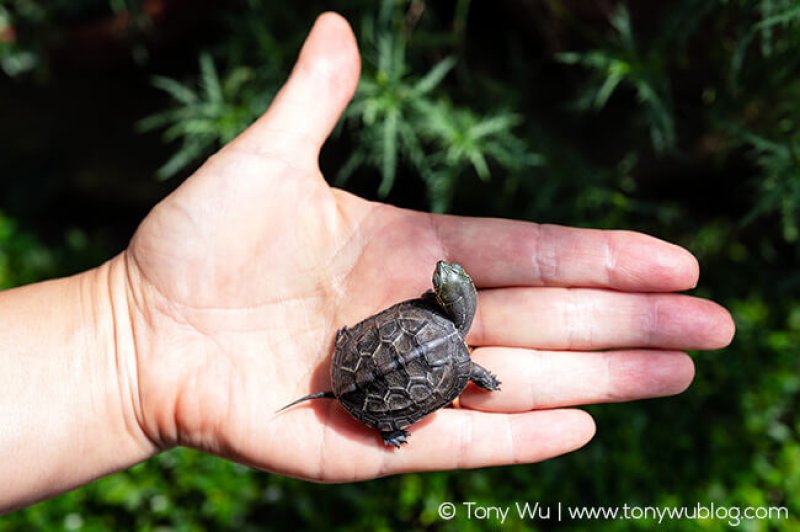At 27.9 °C, roughly equal numbers of female and male turtles will emerge from the nests of the Chinese pond turtle Mauremys reevesii. Slightly warmer, and more females will hatch; a little cooler, and there will be more males.
Developing reptile embryos that have temperature-dependent sex determination were long thought to passively accept their weather-based fate. But now, new research suggests that at least in M. reevesii, embryos can move around to find slightly cooler or warmer regions within their eggs.
…
The authors propose that this ability may help offset drastic, population-wide shifts in sex ratios that are occurring due to climate change.
…
Frederic Janzen, an evolutionary biologist at Iowa State University, is yet to be convinced that embryos can shift around the egg and influence their sex. As he and others have argued previously, the idea is implausible for several reasons. “In a real nest, they’ve only moved basically a millimeter—a millimeter in a thirty-four-millimeter egg.”
…
Extraordinary results warrant skepticism, Janzen concludes. “I really look forward to the possibility that these findings might be replicated by scientists studying other species with this temperature-dependent sex determination. That would certainly give a better feel for the generality of their results.”
Read full, original post: Turtle Embryos May Have a Say in Deciding Their Sex































